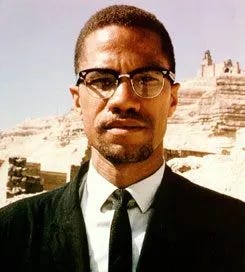In Bandung, Indonesia in 1955, representatives of twenty-nine newly independent Asian and African nations met to declare the importance of Third World unity in opposition to European colonialism and Western imperialism. The Bandung conference had a tremendous impact on the peoples of the Third World, such that political leaders and intellectuals of the era spoke of the “Bandung spirit.” The conference was followed by the 1957 Afro-Asian Solidarity Conference in Cairo, Egypt.
In 1961 in Belgrade, Yugoslavia, representatives of twenty-three governments of Asia, Africa, Latin America, and Eastern Europe established the Non-Aligned Movement. The giants of the era were present: Tito of Yugoslavia, Sukarno of Indonesia, Nehru of India, Nasser of Egypt, Zhou En-lai of China, U Nu of Burma, Ben Youssef of Algeria, and Nkrumah of Ghana. President Osvaldo Dorticós represented revolutionary Cuba, the only Latin American nation present. The Summit called for the democratization …


